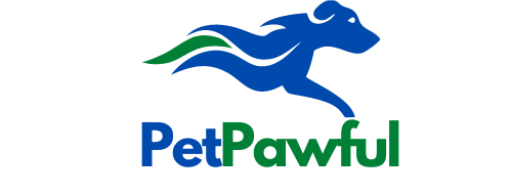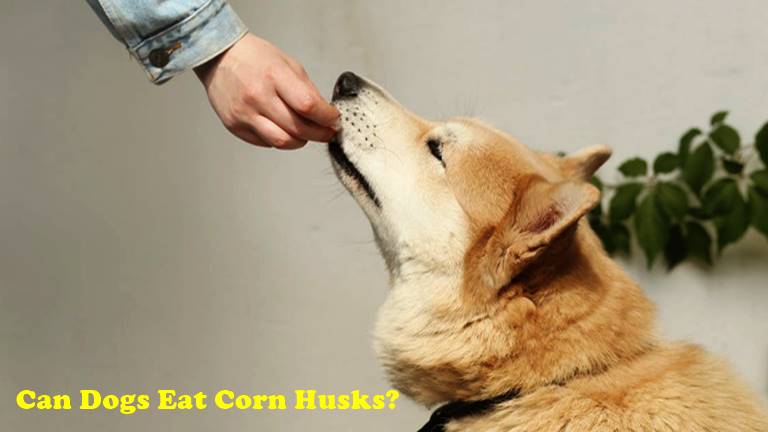As a dog lover, nothing brings more joy than sharing my life and occasionally, my food, with my furry friends. But here’s the thing – not all human foods are safe for our canine companions. And that got me thinking about corn husks. You know, the green leafy part of the corn that we usually throw away? So, let’s dive into the question: Can dogs eat corn husks?
The Simple Answer
In plain terms, NO. Dogs should not eat corn husks.
“While corn itself is safe for dogs to eat in moderation, the husk can be problematic.”
Why Corn Husk is Not Safe for Dogs
- Choking Hazard
Corn husks are tough and fibrous. They don’t break down easily in a dog’s mouth or digestive system, hence posing a choking hazard.
- Intestinal Blockage
Similarly, this toughness can lead to an intestinal blockage if ingested. This is a serious health risk that may require surgical intervention.
- Pesticides and Chemicals
Corn husks can carry traces of pesticides and chemicals used during cultivation. These residual substances could be harmful to your dog.
What If My Dog Eats A Corn Husk?
If your dog manages to sneak a bite of corn husk, don’t panic just yet! One small piece might not cause any issues but keep an eye out for signs of distress such as:
- Excessive drooling
- Vomiting
- Loss of appetite
- Changes in bowel movements
If you notice any of these symptoms or if your dog has swallowed a large amount of corn husk, it’s time for a trip to the vet.
Safe Alternatives to Corn Husks for Dogs
So what can you give your dog instead of corn husks? Here are some safe alternatives:
- Cooked sweet potatoes: Cooked sweet potatoes are an excellent source of vitamins and fiber, which can promote healthy digestion in dogs. They are also a great alternative for dogs with grain sensitivities or allergies. Just make sure to cook them thoroughly before feeding them to your dog, as raw sweet potatoes can be difficult for dogs to digest.
- Carrots: Carrots, whether raw or cooked, are another safe option for dogs. They are low in calories and high in nutrients such as vitamin A and fiber. Chewing on carrots can also help keep your dog’s teeth clean and provide them with a satisfying crunch.
- Blueberries: Blueberries, while small in size, pack a punch in terms of antioxidants. These antioxidants can help boost your dog’s immune system and overall health. Blueberries are a healthy and safe treat option, but like any other treat, they should be given in moderation.
When introducing any new food to your dog’s diet, it’s always a good idea to start with small portions and monitor their reaction. Some dogs may have specific dietary restrictions or sensitivities, so it’s important to consult with your veterinarian if you have any concerns or questions about incorporating these alternatives into your dog’s diet.
Differences between Corn and Corn Husks for Dogs
Here is a table that summarizes the differences between corn and corn husks for dogs.
| Feature | Corn | Corn Husk |
| Safety for dogs | Yes, in moderation | No, can cause choking or intestinal blockage |
| Nutritional value | Provides fiber, vitamins, and minerals | No nutritional value |
| Taste | Dogs may enjoy the taste of corn kernels | Dogs may not enjoy the taste of corn husks |
| Texture | Soft and starchy | Fibrous |
| Potential hazards | None | Choking hazard, intestinal blockage |
In A Nutshell
While it might seem like a fun idea to let your pooch gnaw on a corn husk while you enjoy the juicy cob inside, it’s best to err on the side of caution.
“Keep those corn husks out of reach from curious snouts and stick to dog-approved treats instead.”
Our canine companions trust us to keep them safe and healthy – an obligation we should take seriously! Stay informed about what foods are safe for them to consume and always prioritize their well-being over temporary enjoyment.
So there you have it — my personal perspective on whether dogs can eat corn husks. Stay tuned for more insights into the wonderful world of dogs!


